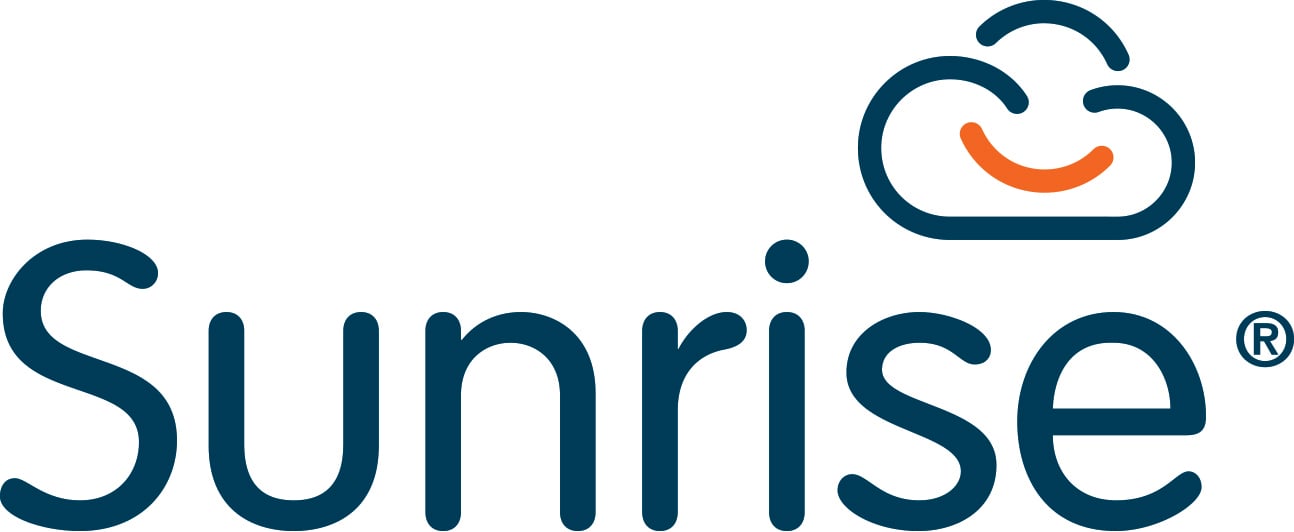As an IT professional in the NHS, you'll know all too well that finding the right ITSM partner that not only matches your values but meets your requirements can take time! We're not hiding away from the fact there are a lot of options out there... BUT - did you know that we are one of the top 2 ITSM...
IT Service Management
Why Data Integration is Vital for Boosting Collaboration in the NHS
19 Aug 2024
In the bustling corridors of the NHS, every moment matters, so teamwork makes the difference and collaboration reigns supreme. Yet, behind the scenes of seamless patient care and operational excellence lies a crucial element often overlooked: data integration. Every day, NHS IT teams work tirelessly to manage service desks and support employees with their IT requests. But without proper NHS data integration, these efforts can be hindered, leading to inefficiencies and frustrations.
At Sunrise, we understand the critical role that data integration plays in boosting collaboration within the NHS. In this blog, we'll explore why NHS data integration is vital and how Sunrise's API-powered solutions can help streamline processes and improve service experiences for NHS IT teams and employees alike.
The Importance of Fully Integrated NHS Systems
Imagine trying to navigate a complex maze without a map. That's what it's like for NHS IT teams when systems are siloed and unable to communicate effectively with each other. Fully integrated NHS systems are like a well-oiled machine, where data flows seamlessly between different departments and applications. Here's why this matters:
-
Enhanced Efficiency:
Integrated systems within the NHS drastically reduce the burden of manual data entry and the repetition of tasks across various platforms. Imagine a scenario where IT teams no longer spend precious hours re-entering data or toggling between multiple systems to update information. With data integration seamlessly linking these systems, workflows become streamlined, and processes automated. This newfound efficiency liberates NHS IT teams to redirect their focus towards more value-added tasks, such as proactive problem-solving, strategic planning, and innovating solutions to address emerging challenges. By eliminating time-consuming manual efforts, integrated systems empower IT professionals to devote their expertise where it matters most, driving operational excellence and enhancing overall service delivery within the NHS.
-
Improved Accuracy:
Integrity of data is non-negotiable. Data integration ensures that information remains consistent, up-to-date, and accurate across all interconnected systems within the NHS. Gone are the days of grappling with outdated records or wrestling with discrepancies between databases. With integrated systems, changes made in one platform automatically propagate across all relevant systems in real-time, leaving no room for error or misinterpretation. This seamless synchronisation not only enhances the reliability of data but also instils confidence in decision-making processes. NHS staff can trust that they are working with the most current and accurate information available, facilitating smoother operations, and ultimately, improving the quality of patient care.
-
Better Decision Making:
Access to timely, integrated data equips NHS leaders with invaluable insights to drive informed decision-making. Picture a scenario where healthcare executives have instant access to comprehensive, cross-functional data sets encompassing patient demographics, treatment histories, resource allocations, and performance metrics. With this holistic view, NHS leaders can identify trends, pinpoint areas for improvement, and anticipate evolving needs with precision. Armed with actionable intelligence derived from integrated data, NHS decision-makers can swiftly respond to challenges, allocate resources strategically, and implement targeted interventions to enhance patient care and outcomes. In essence, data integration serves as the cornerstone of evidence-based decision-making within the NHS, empowering leaders to steer the organisation towards greater efficiency, effectiveness, and excellence.
Sunrise's API: Powering Integration and Efficiency
At Sunrise, we're committed to helping NHS IT teams overcome the challenges of data silos and fragmented systems. Our powerful API allows seamless integration with a wide range of business applications. Here are some examples of integrations that can revolutionise how NHS IT teams work:
-
Integration with Microsoft Teams:
Sunrise's integration with Microsoft Teams revolutionises how NHS colleagues interact with IT support services. By seamlessly integrating Sunrise's IT service management solution with the familiar Microsoft Teams interface, NHS employees gain unprecedented convenience and efficiency in managing their IT requests.
Imagine this: A busy NHS staff member encounters an IT issue while collaborating with colleagues on Microsoft Teams. Instead of navigating to a separate portal or sending emails to the IT helpdesk, they can simply initiate a support request directly from the Teams interface. With just a few clicks, they provide all the necessary details about their issue, including relevant attachments or screenshots, without disrupting their workflow.
This integration doesn't just save time—it transforms the service experience for NHS employees. They no longer need to juggle multiple platforms or endure lengthy delays in getting their IT issues resolved. Instead, they receive prompt assistance right where they are already working, fostering a seamless and frictionless support process.
Furthermore, the integration ensures that all interactions and communications related to IT requests are logged and tracked within Sunrise's IT service management system. This centralised approach not only simplifies record-keeping but also enhances transparency and accountability in IT support operations. NHS IT teams can easily access the full history of each request, track progress, and ensure timely resolution, all from within their familiar Sunrise environment.
-
Connectivity Between Multiple NHS Sites:
With Sunrise's powerful API, bridging the gap between multiple NHS sites has never been easier. Our seamless integration capabilities enable effortless data sharing across geographically dispersed locations, ensuring that IT teams have unfettered access to critical information, regardless of their physical whereabouts.
Picture this scenario: An IT professional stationed at one NHS site needs access to vital data stored at another location to resolve an urgent issue. In the past, this may have involved cumbersome processes, such as manual data transfers or time-consuming requests for information. However, with Sunrise's API-enabled connectivity, such barriers vanish into thin air.
Data Protection in the NHS: Safeguarding Patient Confidentiality
The NHS is entrusted with sensitive information that requires the highest level of confidentiality and security. With data integration comes the responsibility to ensure robust data protection measures are in place to safeguard against breaches and uphold patient privacy rights.
At Sunrise, we recognise the critical importance of data protection within the NHS ecosystem. Our integrated solutions are designed with security at the forefront, adhering to the strictest standards of compliance and governance. From encryption protocols to access controls, we implement robust measures to safeguard NHS data against unauthorised access, disclosure, or alteration. Additionally, our data centres are based in the UK, ensuring data sovereignty and compliance with local regulations, providing further assurance that NHS data is protected and managed within the jurisdiction.
Boost Collaboration, Improve Service
By harnessing the power of data integration, NHS IT teams can streamline processes, improve collaboration, and ultimately deliver better service to employees and patients alike. At Sunrise, we're proud to support the NHS in this mission by providing innovative solutions that empower IT teams to work smarter, not harder.
For more information on how Sunrise can help boost collaboration in the NHS, visit our dedicated healthcare page.
Related Posts
Blog
,IT Service Management
A brand new test report by Broadband Testing has given a definite thumbs up to Sunrise’s performance with regards to ITIL guidelines, and beyond. Sunrise ITSM performance The IT Infrastructure Library (ITIL) is now widely recognised as offering an effective best practice framework within which to op...
.png)



